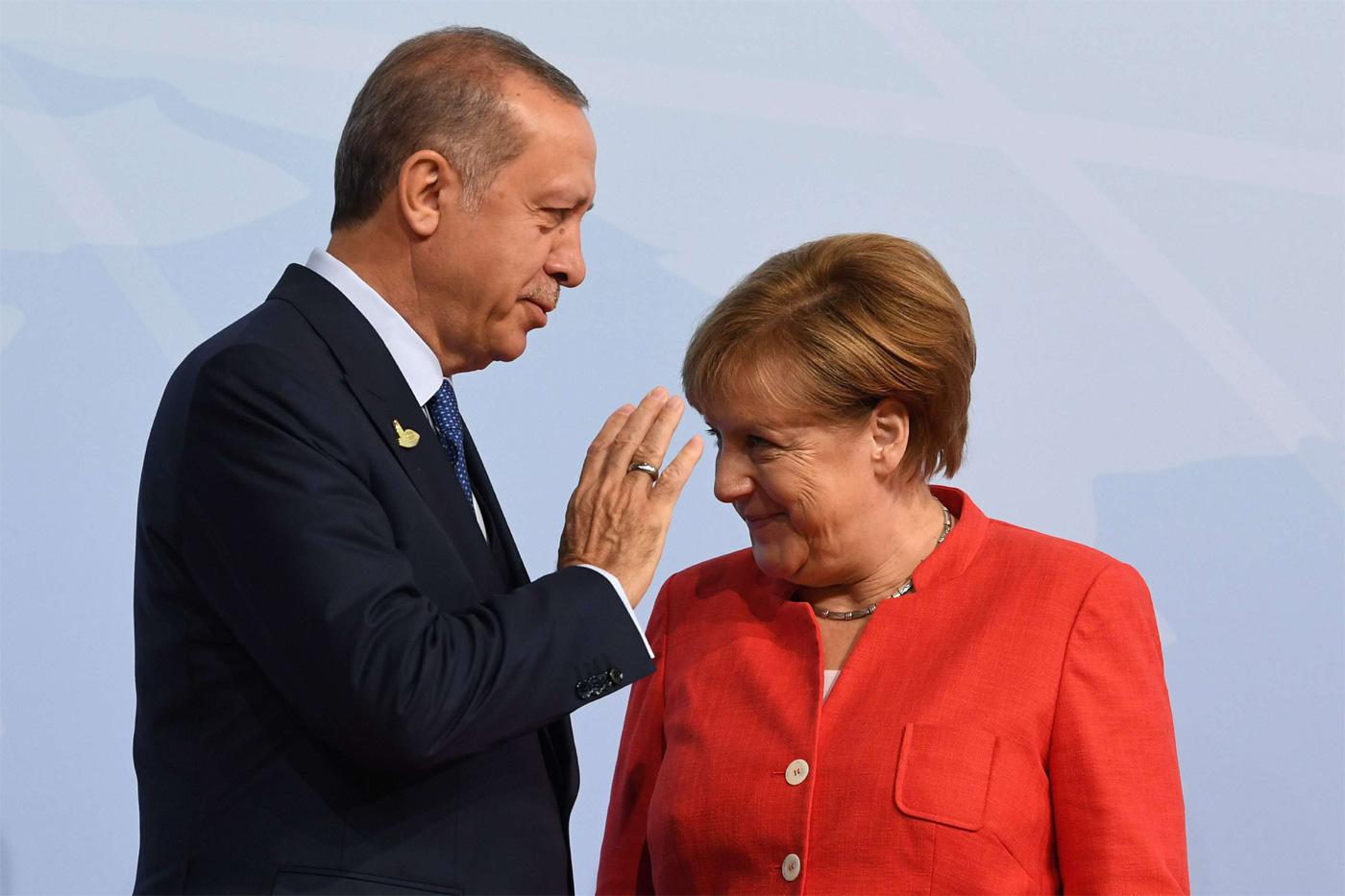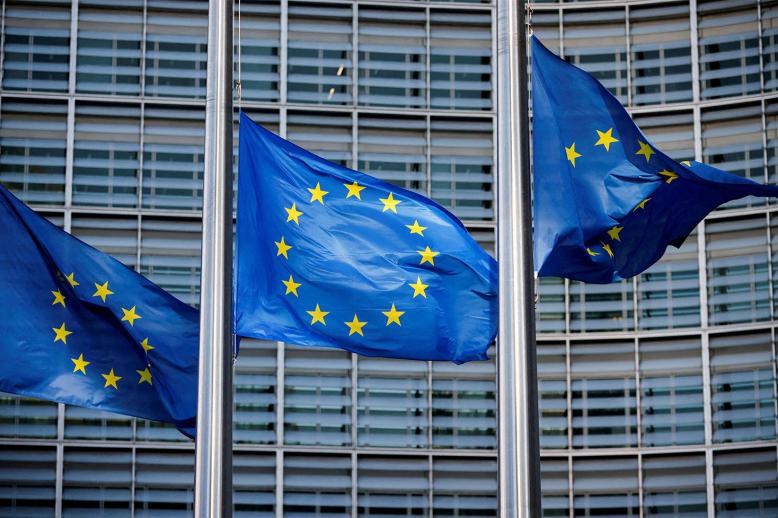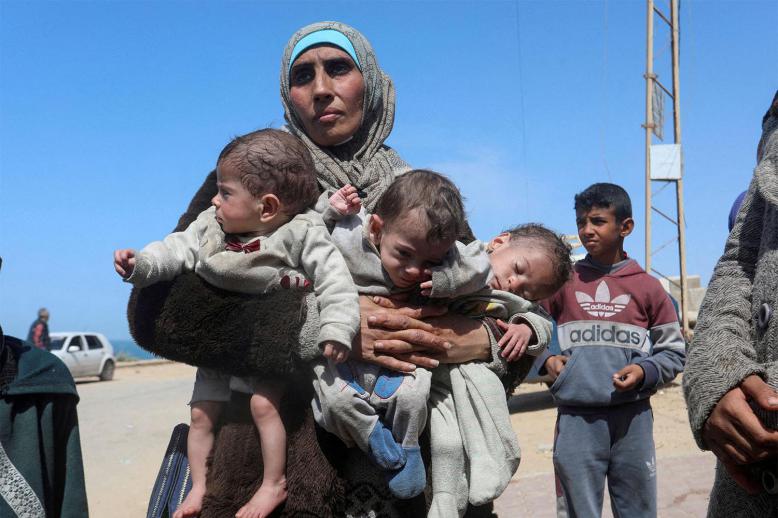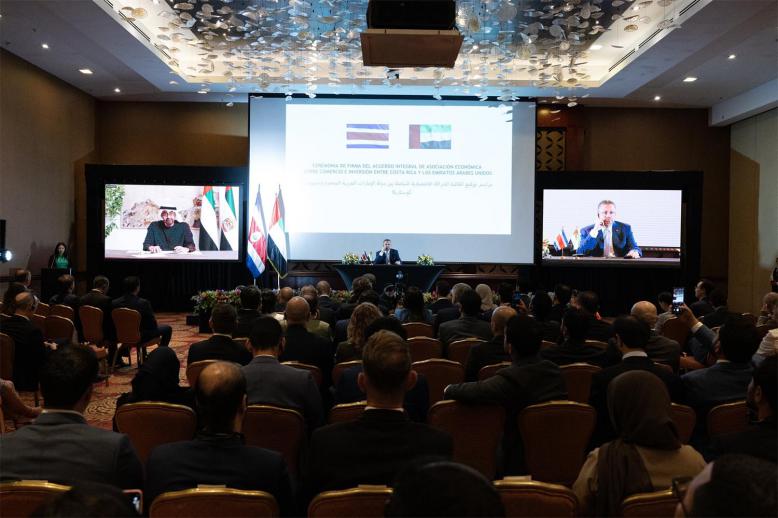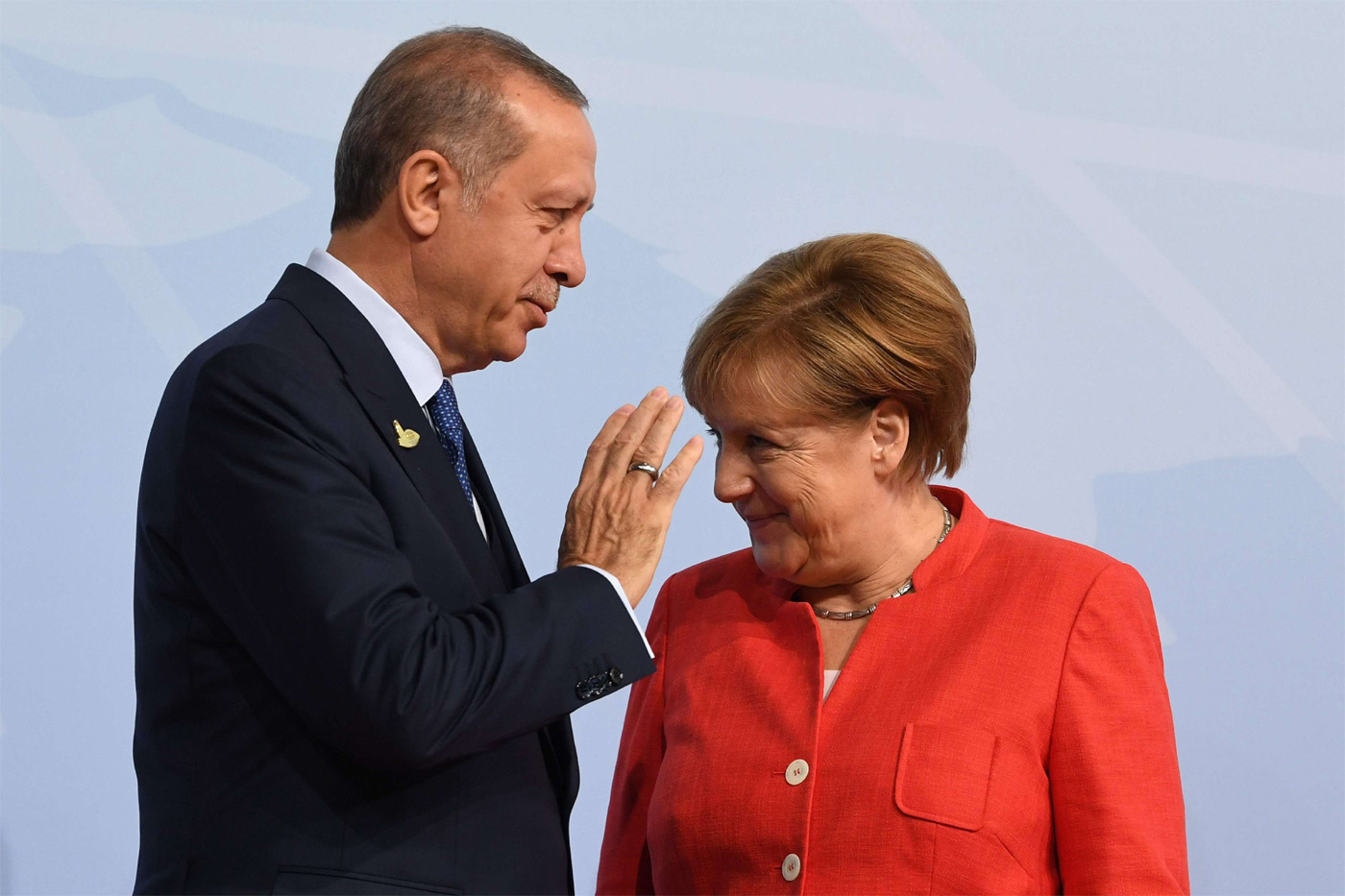Erdogan in Berlin to try to repair badly frayed ties
BERLIN - Germany's Angela Merkel hosts Turkish President Recep Tayyip Erdogan in Berlin Friday to try to repair badly frayed ties, a task complicated by planned anti-Erdogan protests and the chancellor's own domestic woes.
The pair are meeting a day after Germany beat Turkey to become the Euro 2024 host nation, following a tight race that took on political significance when Erdogan fanned accusations of German discrimination in football.
In an editorial in the Frankfurter Allgemeine daily, Erdogan said he wanted to "turn the page" on a long period of tensions, sparked by Berlin's criticism of his crackdown on opponents after a failed 2016 coup.
His state visit to Germany, complete with military honours, is Erdogan's first there since becoming president in 2014 and comes as he is sparring with US President Donald Trump and the Turkish economy is in rapid decline.
But critics, including rights campaigners and German politicians, are angered by the red-carpet treatment for a leader who has built an increasingly authoritarian reputation and just 18 months ago accused Berlin of "Nazi practices".
Merkel herself has repeatedly stressed the importance of good relations with Ankara, a partner she relies on to help stem the flow of migrants to Europe.
Yet she vowed not to turn a blind eye to human rights violations during her talks with Erdogan.
"When there are differences in political systems and things to be criticised, then we express criticism -- and we will do that tomorrow," Merkel said at an event in Bavaria late Thursday.
"But that does not mean that I do not want a stable Turkey."
The hostility towards the visit comes at an awkward time for the veteran chancellor, who can ill afford any missteps after being weakened by a slew of crises that have rocked her fragile coalition.
Merkel last week was forced to backtrack on a decision to promote a domestic spy chief who was under fire for his alleged far-right sympathies, prompting the chancellor to admit she had misread the public mood.
'Not Welcome'
Erdogan critics have vowed to take to the streets across Germany to protest everything from Turkey's record on human rights and press freedom to its offensive against Kurdish militia in Syria.
Some 10,000 people are expected to rally under the motto "Erdogan Not Welcome" in Berlin on Friday.
Demonstrators are also planning to protest in Cologne on Saturday where Erdogan will open one of Europe's largest mosques, commissioned by the disputed Turkish-controlled Ditib organisation, after a working breakfast with Merkel.
"Erdogan wants a fresh start with Germany. This is an opportunity," the daily Sueddeutsche Zeitung said, urging Merkel to push Ankara to end its repressive tactics and free the five remaining German-Turkish nationals considered political prisoners by Berlin.
"But we can't just forget everything that happened. It could take years to rebuild trust."
Banquet snub?
Relations between the two NATO countries soured after Turkish authorities arrested tens of thousands of people in a mass purge over the attempted putsch against Erdogan.
But a gradual rapprochement began after German-Turkish journalist Deniz Yucel was freed in February. He still face terror-related charges in Turkey however.
Germany is home to a three-million strong Turkish community and observers said Merkel now faced the delicate balancing act of accepting Erdogan's outstretched hand without glossing over their disagreements.
Erdogan for his part said he would use his trip to urge Germany to show "the necessary support" in the fight against "terrorist groups" like the Kurdistan Workers' Party (PKK) and the movement of Muslim cleric Fethullah Gulen, whom Ankara blames for the coup.
Turkey's stalled EU membership bid and its role in the conflict in Syria are also on the agenda.
In terms of economic cooperation, Der Spiegel weekly reported that German conglomerate Siemens was in talks to lead a potential 35-billion-euro ($40-billion) deal to modernise Turkey's rail infrastructure.
In a sign of the contentious nature of the visit, several opposition politicians have vowed to boycott Friday's state dinner in Erdogan's honour.
Merkel too will be absent, although her office insists it's not out of the ordinary for her to skip such events.

